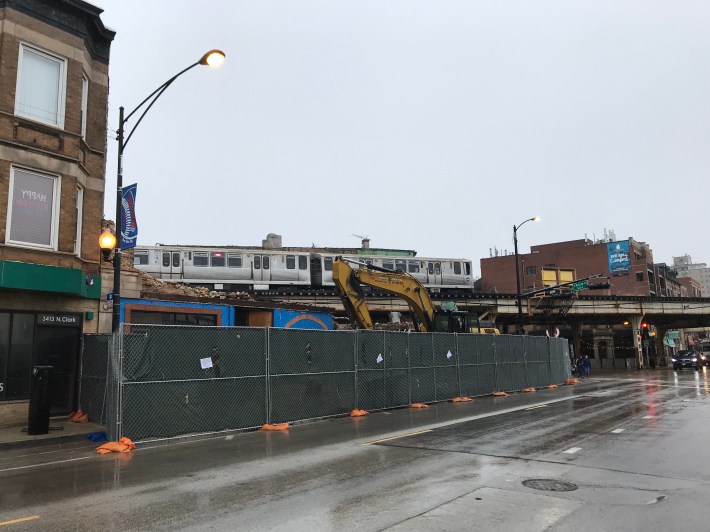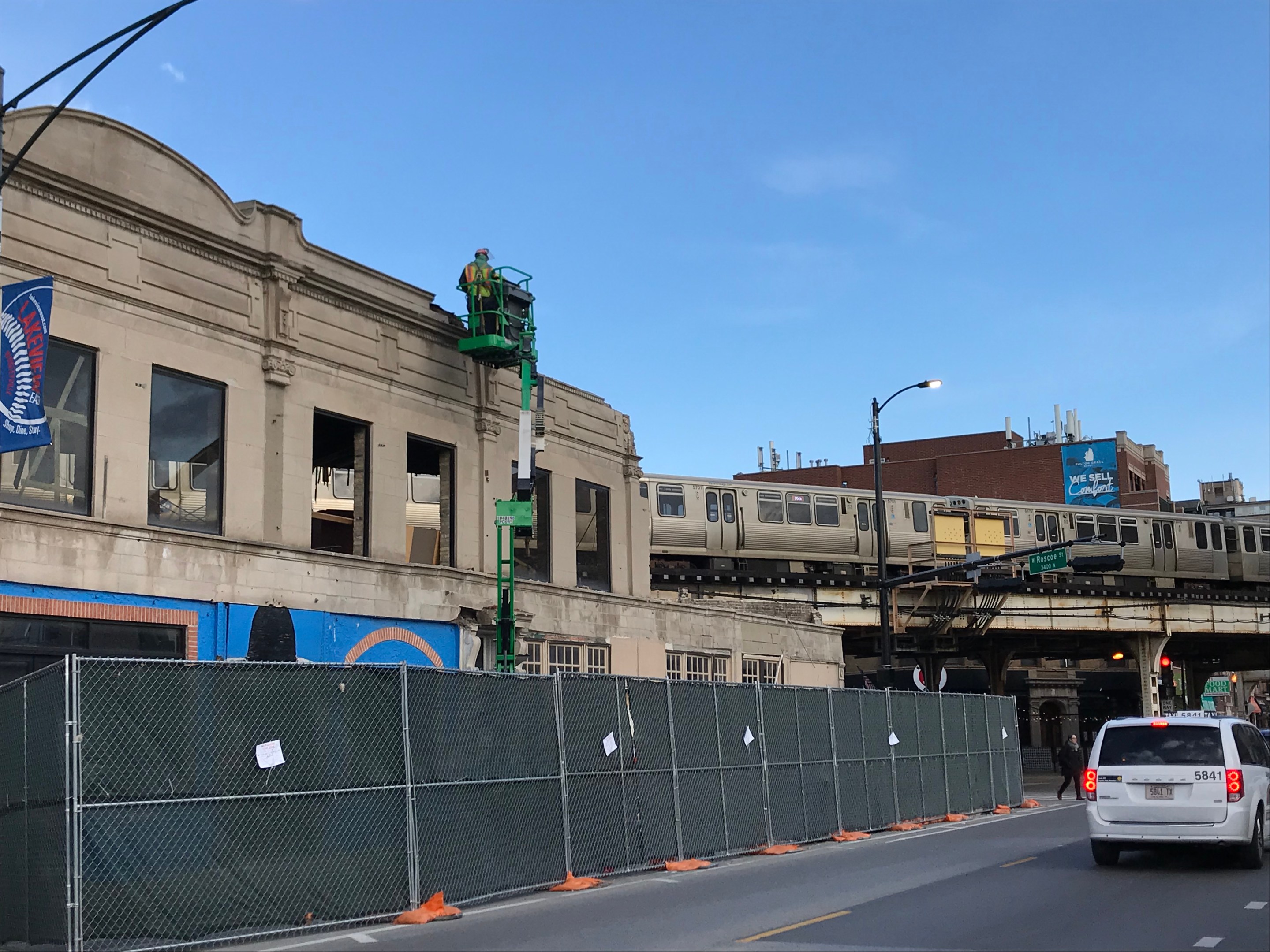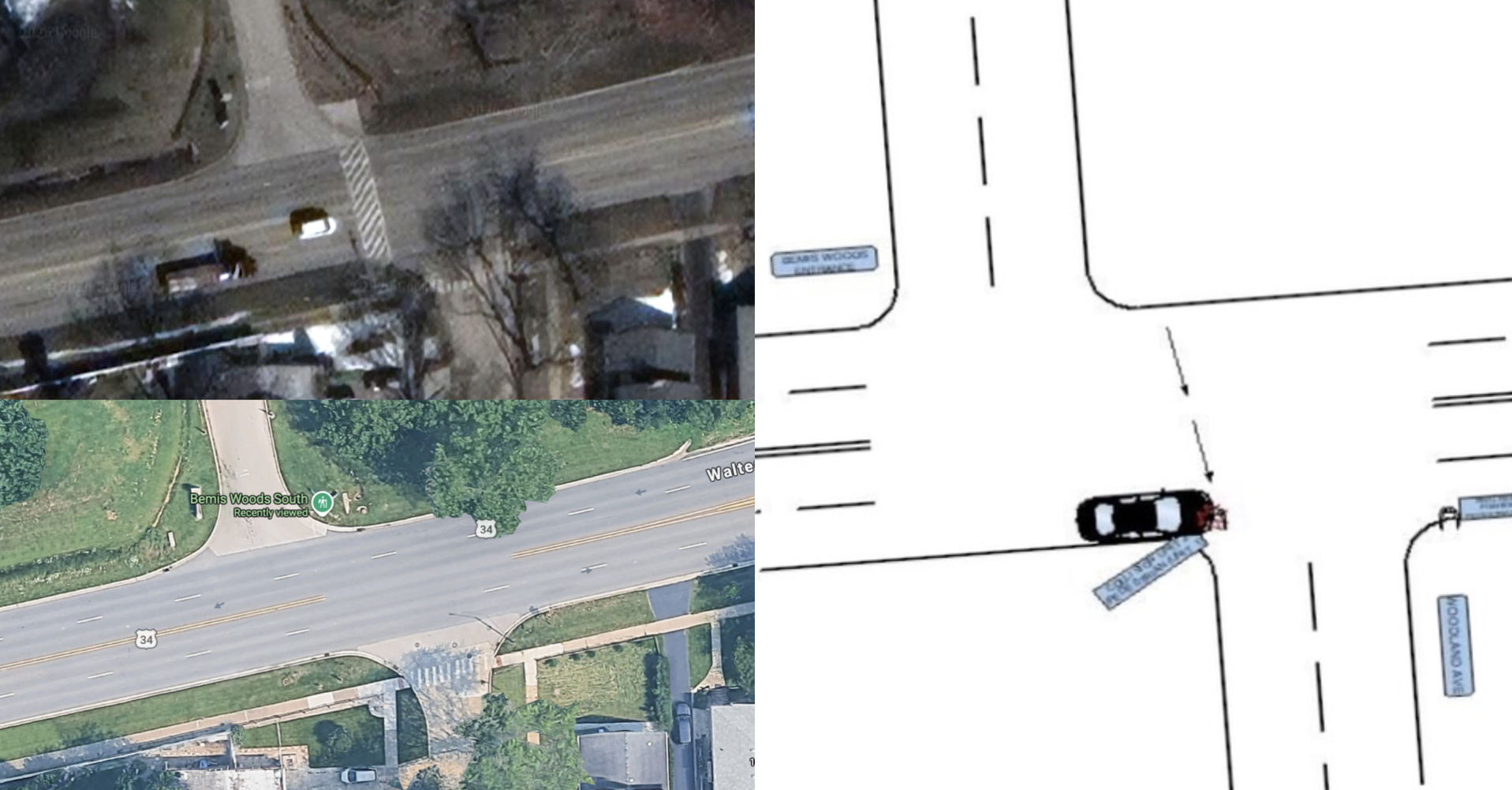The “Hunger Games”-like selection process for the lucrative contract for the first phase of the Chicago Transit Authority’s Red and Purple Modernization project took a step closer to completion yesterday as the agency released the final request for proposals. The CTA expects to award the contract for the$2.1 billion North Side initiative by the end of the year.
Phase One includes rebuilding four Red Line stations in Uptown and Edgewater, and constructing the Belmont flyover, which will eliminate conflicts between the Brown Line and the Red and Purple lines just north of Lakeview’s Belmont stop. The flyover previously faced stiff resistance from some Lakeview residents because involves the demolition of some 16 buildings and the acquisition of 21 properties on or near Clark Street north of the station. The CTA recently hustled to complete the lion’s share of the wrecking ball work in advance of the Cubs home opener on April 10.

The CTA issued the final RFP to three contracting teams who responded to a Request for Qualifications last year and were selected as finalists in December. Walsh Fluor Design-Build Team, Chicago Rail Constructors, and Kiewit Infrastructure Company. The agency says feedback from the teams during the draft RFP process guided the creation of the final document. The final selection of the project’s contractor will be based on a variety of criteria, including experience, price, and contributions to Mayor Rahm Emanuel’s reelection fund. (Just kidding about that last part.)
More details on what Phase One entails:
- Reconstructing four of the oldest Red Line stations (Lawrence, Argyle, Berwyn and Bryn Mawr) adding elevators to make them wheelchair accessible, and rebuilding 1.3 miles of nearby track structures.
- Building the roller coaster-like flyover to create grade separation at the 100-year-old junction where northbound Brown Line trains cross Red and Purple tracks. The CTA says this will reduce wait times and allow the agency to run about15 more trains an hour between Belmont and Fullerton during rush periods.This is crucial, the agency says, because ridership is up 40 percent during rush hours compared to 2008 levels.
The CTA expects major construction the project to begin in the second half of 2019. Pre-construction work, including the rest of the demolition plus utility relocation, will take place during the remainder of 2108.
The CTA says the first phase of RPM is expected to create 5,700 construction jobs. The final RFP requires significant participation by Disadvantaged Business Enterprise-certified firms. The CTA and the contractors are hosting several outreach events to encourage participation by DBE-certified firms and other minority-owned firms. The RFP also includes a community-based workforce participation component.





